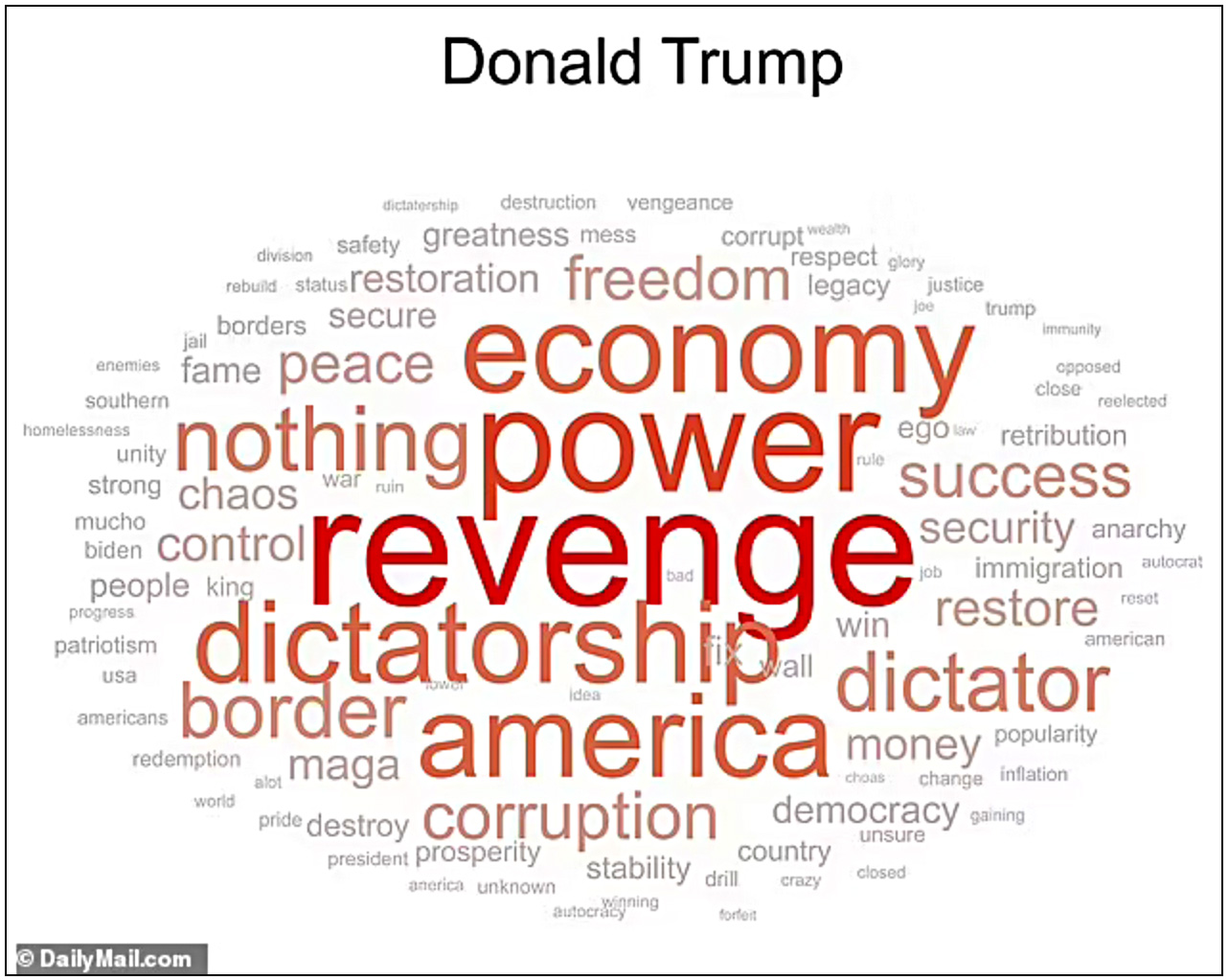Over at National Review, Jeffrey Blehar tells us that Nikki Haley's real gaffe last night wasn't racism or something racism adjacent. Oh no:
The real gaffe Haley committed on Wednesday was that, when she froze up under an unpredicted question and defaulted to her factory settings in answering, those answers demonstrated such contempt for the intelligence of her voters. We can be told the Civil War was about slavery, Nikki — we’re all adults here.... That’s why this little gaffe, however minor, memorably reveals something about Haley; we rarely get such accidental insight into how little politicians think of their own voters.
Uh huh. Haley's real problem was not realizing how enlightened modern Republicans are about issues of race. Color me skeptical. Consider this news item from 2015:
The division over what children should learn in school is clear in Texas, where academic standards list slavery third among the causes of the war, after sectionalism and states’ rights — written deliberately in that order to telegraph what some elected Texas officials described as slavery’s secondary role in driving the conflict.
Slavery was a “side issue to the Civil War,” said Pat Hardy, a Republican member of the State Board of Education, when the board adopted the standards in 2010. “There would be those who would say the reason for the Civil War was over slavery. No. It was over states’ rights.”
In a poll that same year, only 49% of Republicans agreed that slavery was the main reason for the Civil War.¹ Nearly half of Republicans say it would be bad to pay more attention to the history of slavery and racism. 73% of Republicans say anti-white bias is as big a problem as anti-Black bias—a number that's increased steadily for the past decade. 82% of Republicans oppose Black Lives Matter and 76% oppose even nonviolent protests against Black deaths. Only 6% of Republicans believe statues of Confederate leaders should be taken down. In Congress, two years ago, Republicans voted 2:1 not to remove statues of Jefferson Davis and other Confederate leaders from the US Capitol.
I think Haley was keenly aware of what the Republican base wanted to hear from her. She didn't misjudge either her voters or their intelligence. She just forgot that these days they'd mostly shrug and figure she had mentioned slavery because everyone has to toe the PC line in public. It's a damn shame, but what can you do? The wink and nod are understood.
Believe it or not, though, some good news has come out of all this. You may recall that Donald Trump was asked a few years ago about the roots of the Civil War and produced this deathless answer:
People don’t realize, you know, the civil war — if you think about it, why? People don’t ask that question, but why was there a civil war? Why could that one not have been worked out?
Today, however, Trump's MAGA PAC slammed Haley because she "was unable to say that the Civil War was about slavery." That's progress! Trump now knows what the Civil War was about.
¹In fairness, Democrats didn't do that much better (62% agreed). And in a more recent poll only 70% of Americans could even identify the North as the winner. So maybe the real issue here is just that we're all idiots.





